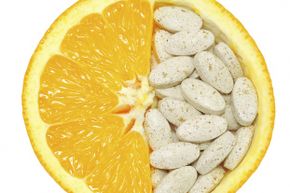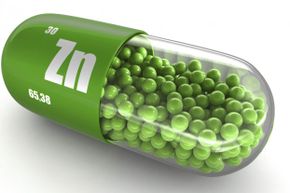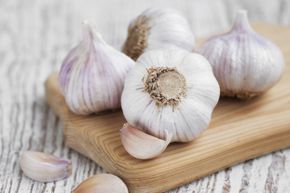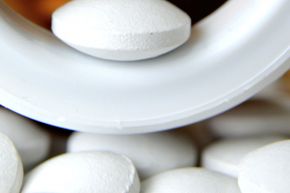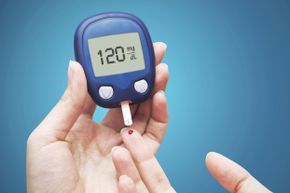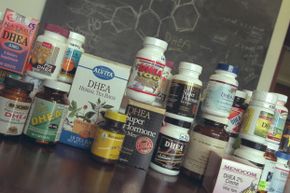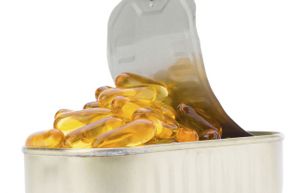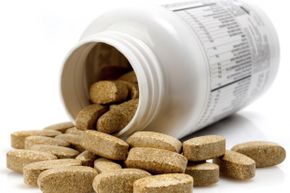Fish oil is one of the most common supplements taken in the U.S., but is it just snake oil in disguise? Something's fishy in the world of supplement marketing, and it's difficult to know if the benefits and health claims on the packaging are for real or just false advertising.
Dietary supplements are popular in the U.S., and the number of Americans trying to insure their path to wellness is well-paved with nutrients (whether we're eating a balanced diet or not) is on the rise. As many as 69 percent of Americans take a daily dietary supplement, a percentage that's risen from 64 percent in 2008 (and only about 50 percent in 2000). That makes this really big business; more than $20 billion is spent annually on multivitamins or other dietary supplements (whether it's capsules, pills, tablets or liquid) [source: Walsh, Morrison].
Advertisement
But what, exactly, are we getting for our billions? The majority of people taking a supplement do so because they believe these vitamins, minerals and herbs will cure colds, build muscles, improve memory and generally benefit their health and lifespan. As it turns out, many don't live up to their claims. In fact, in some instances you might just be healthier without them.


